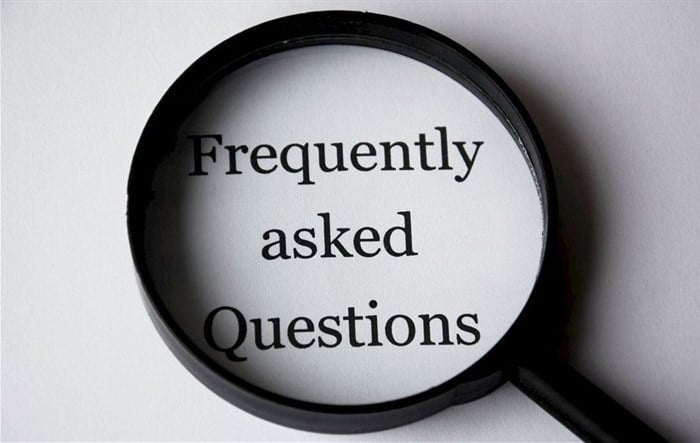






Eugene Herbert, managing director of MasterDrive, demystifies and provides some clarity so that drivers and companies can approach the bill with a clear understanding.
It is true that the new bill will require more admin, particularly for businesses. Yet, there are opportunities to upskill and educate yourself on these changes well before they come into effect.
Under the current system, companies are still required to transfer fines that are based on vehicle registrations, rather than the driver’s license. The major difference is that it is now required by law that infringements are transferred to the correct person. Failure to do so may have negative consequences.
Concerns have been expressed that 50% of fine and admin fees will go to the Road Traffic Infringement Agency, meaning local municipalities will lose half of the income generated from fines.
If your business is committed to improving road safety, this is unlikely to be a concern for you. Your priority would rather be focused on reducing your number of driver infringements. The ultimate purpose of a penalty system is not to make money but to stop bad driver behaviour. A system where the sole purpose is to generate income is counter-intuitive.
Some argue that because AARTO was piloted in Johannesburg and Tshwane for approximately 10 years, with no apparent change to crashes or road fatalities, it is unlikely to do so now. Yet, if a motorist received a demerit point during that time period it was no different than if they received the usual fine because the points had no effect on their driving license.
The pilot could test the administrative and operational possibility of a point system but as every motorist will start with a zero-point balance in 2020, there is no way a pilot system could bring about the desired change to driving behaviour without any real consequence for bad driving behaviour.
Many of the organisations opposed to e-tolls have said that AARTO will be used to force motorists to pay their e-toll bills. This, however, has not been backed up with any factual information. Right now, there is nothing in the legislation to suggest that this will happen or that it is possible without further constitutional changes.
The current system is significantly hampered by bribery and corruption. It definitely does not present a better option to curb this behaviour than what AARTO does. It is also important that South Africans acknowledge it is not just an inefficient system or corrupt officials that make bribery and corruption rife but the drivers who participate in bribery as well.
Be cautious of information online that may not be 100% accurate. Content that encourages you to panic or pledge support against AARTO must be backed up by fact and evidence before you join the ruckus.